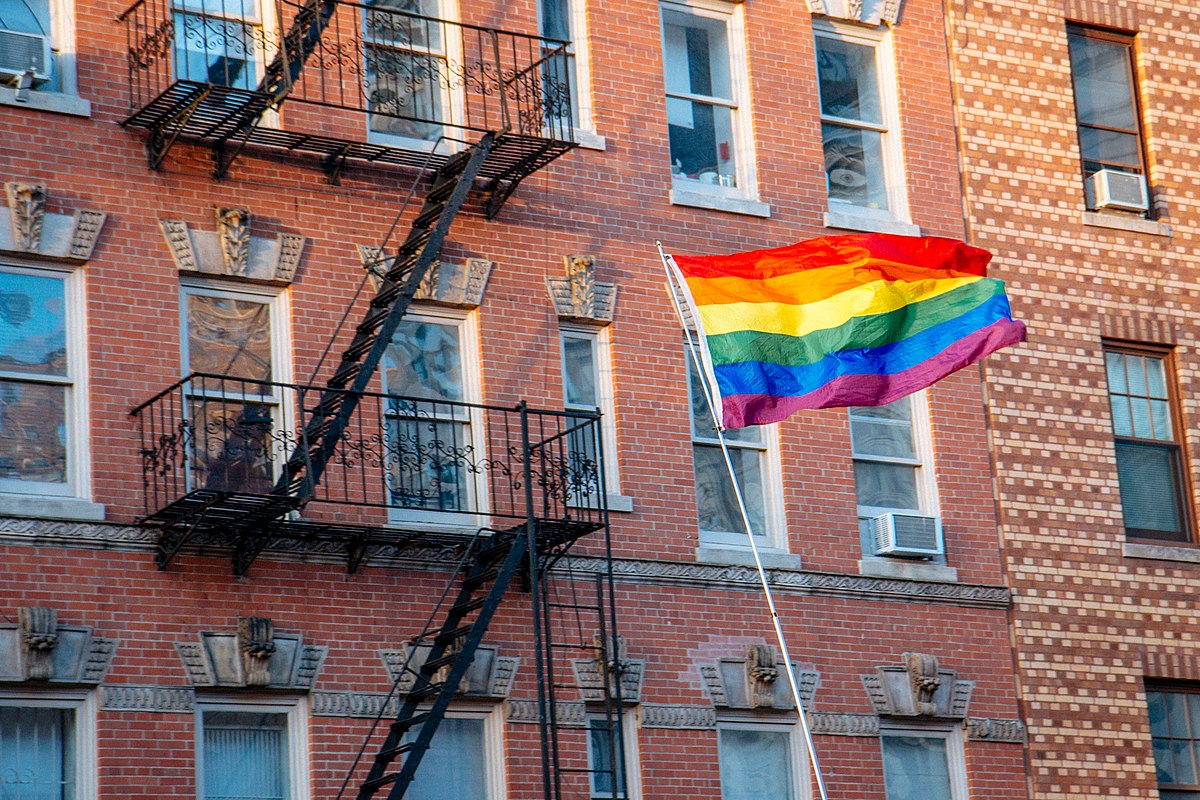By Tasha Dowbachuk | Published March 29, 2019
The concept of underrepresentation is all too familiar when it comes to minority groups such as the LGBTQ community. Being queer in college, whether “out” or “in the closet” holds a strong possibility that one will embark on an interesting experience simply based on how queer folk are represented on college campuses.
According to Higher Education Today, most LGBTQ students report that “the climate—their feelings of belonging, safety and inclusion—in college is better than the one they experienced in high school. And evidence exists that overall, campus climate has improved over the last 15 years.”
For those who identify as “Queer” or “Other,” finding student organizations or groups that cater to their community is commonly described as “difficult.” Some even argue that “there is no place to find openly gay people.”
“There should be other organizations or outlets where queer students can go and receive the community they want to receive,” said Patrick McEachern, president of Kean University’s PRISM. PRISM is an LGBT organization that stands for pride, respect, impact, significance and meaning.
In reality, it is not as easy as it seems. While we live in a society that gathers information through media, film and television, the LGBTQ community is prone to exaggeration, misinterpretation as well as misrepresentation on all of those aforementioned media outlets.

According to Variety, studies have shown that major studios such as: 20th Century Fox, Lionsgate Entertainment, Paramount Pictures, etc. contained just 16.7% of characters who identified as lesbian, gay, bisexual or transgender. With this kind of information, it is apparent that the representation of queer people in movies, especially, is lacking.
As for college students, having to counter stereotypes and inform people about what it means to be an LGBTQ individual calls for an open discussion. However, the issue for many people is they aren’t exactly sure where the conversation should start.
The Association of Governing Boards of Universities and Colleges claim that five core principles for success when it comes to the community’s challenges in higher education are universities and colleges being “open to and include openly LGBT trustees and administrators, ending all forms of discrimination against LGBT faculty and staff, institutions creating full acceptance, embracing LGBT alumni and governing boards to ensure their curricula including LGBT-relevant study,”
“I’ve had the privilege of having people being accepting of me, but that’s not the case for a lot of other students,” said Devin Wilson, program director at Kean’s radio station, WKNJ 90.3 FM. “A lot of them don’t feel safe to do that so you can’t fault them for that.”
Through the discrimination that many students face behind closed doors, it is becoming imperative for the authenticity of normalization to meet those who identify within the culture.
“We should want our presence and our experiences to be discussed in the classroom or in programs or events on campus to help educate other people,” said McEachern. “I feel like education can be the start to a solution.”

You must be logged in to post a comment.